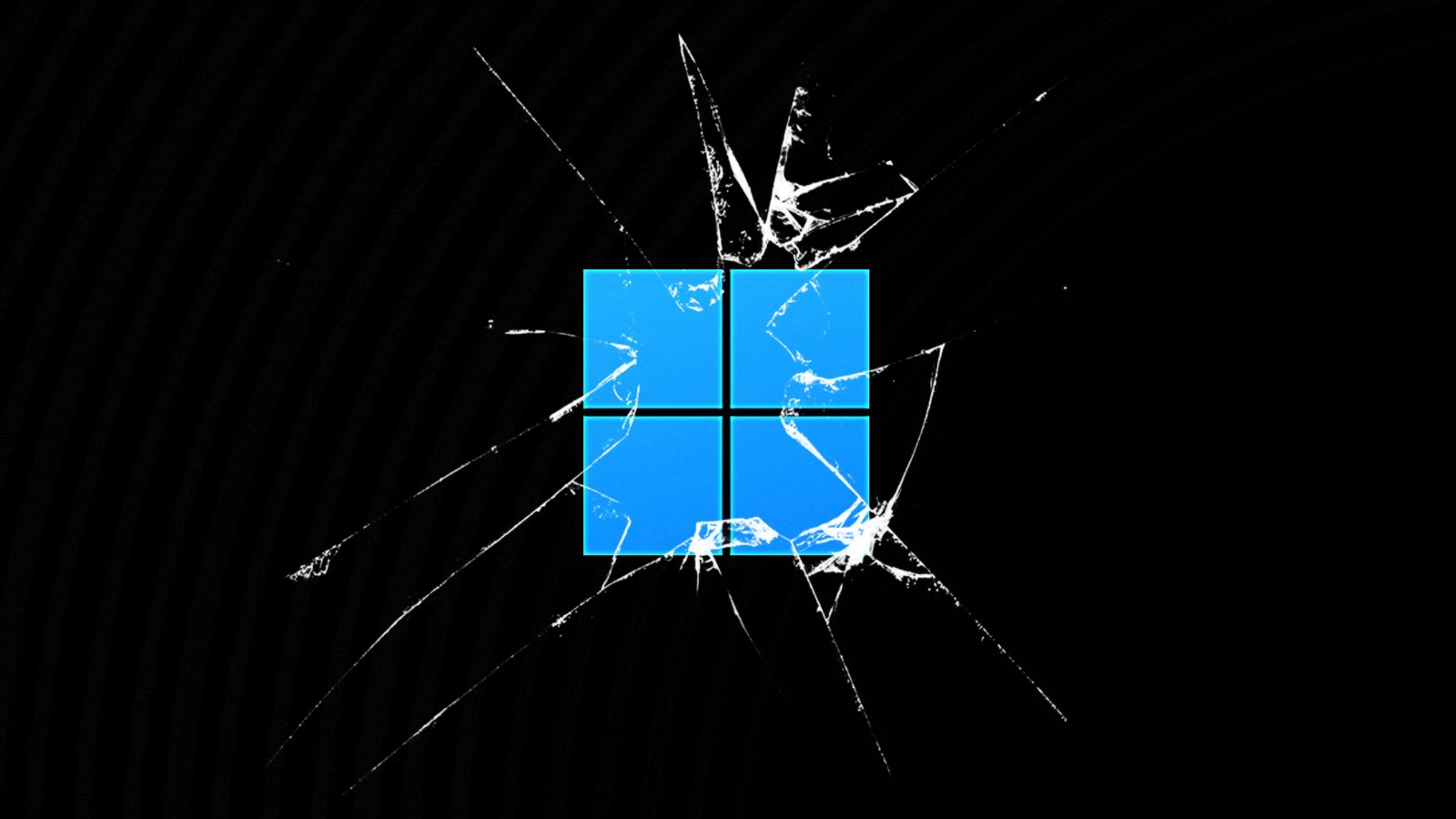That's not fair for people with older PCs. They just want to try Windows 11 too
. Microsoft should let everyone join the preview if they want.
Really I think the point is that the current processing power of the current Win 10 systems is more than enough for the average user. I can't accurately assign a percentage, lets just say the overwhelming majority of users.
So you have the big OEMs all crying that they can't move hardware since no one needed to upgrade. Well Microsoft to the rescue. They can always pull the security card and say, "Hey we had the TPM 2.0 standard around for a decade, the OEMs chose not to implement it". So basically that is the hinge pin to force the upgrade. People aren't clamoring for high performance systems, Intel can't crank out enough of its budget "N" line fast enough.
So it's kind of a sleazy alliance that is creating the need for folks to run out and buy new systems. If I am eventually forced to have a TPM 2.0 compliant system or risk having my Win 11 license shut down, might be time to move on from Microsoft at least for the affected systems.
I am dumbfounded the amount of enterprise installation that really haven't seriously addressed the ramifications of a network-wide Win 11 upgrade. Are they prepared to shell out $30/period for continuation of Win 10 security upgrades? For that matter why is the end user forced to pay for Microsoft's mistakes? Are they a charity?
So the countdown clock has already started, I have a feeling this will make the
XP->Win 10 upgrade look like a walk in the park. No one has really addressed how the upgrade will affect existing peripheral hardware and legacy programs, many which were already patched up to run Windows 10.
With the economy making most business exercising financial caution do the tarifs and layoffs changing by the hour, nobody wants to invest in their infrastructure.
Good luck to us all. All I can say is don't blame me, I had nothing to do with it.

 tinyurl.com
I see where they are coming from with security in mind which it seems that's really what Win 11 is all about.
tinyurl.com
I see where they are coming from with security in mind which it seems that's really what Win 11 is all about.